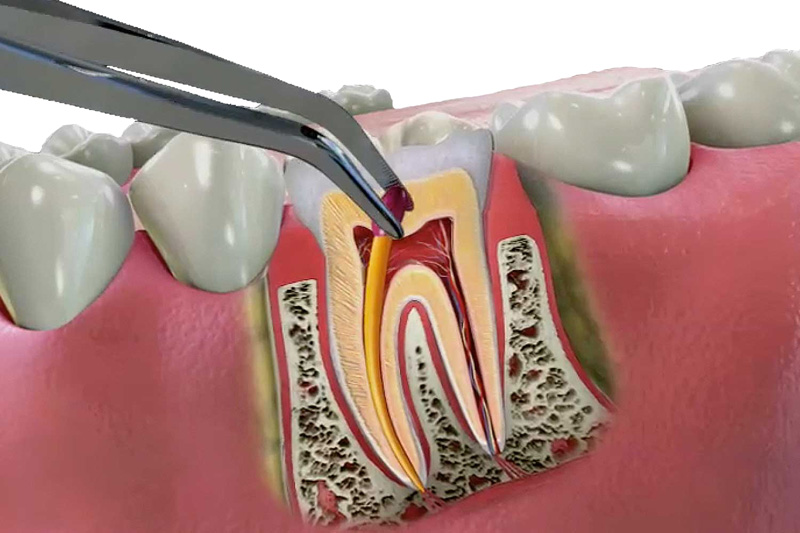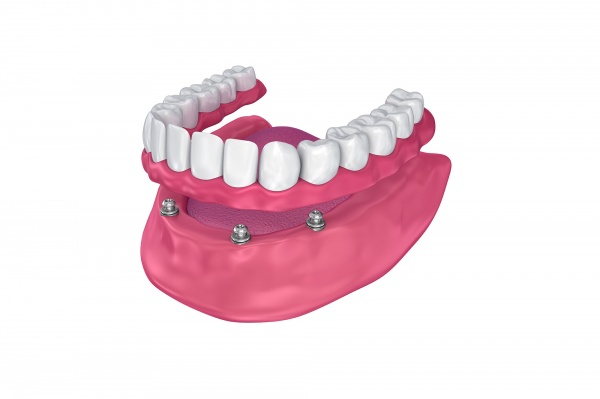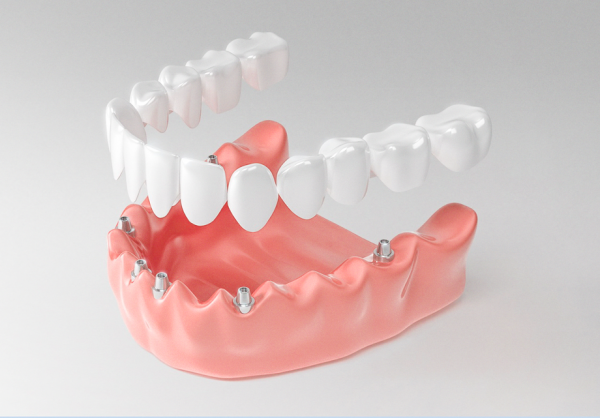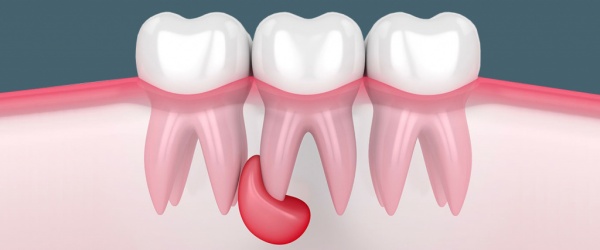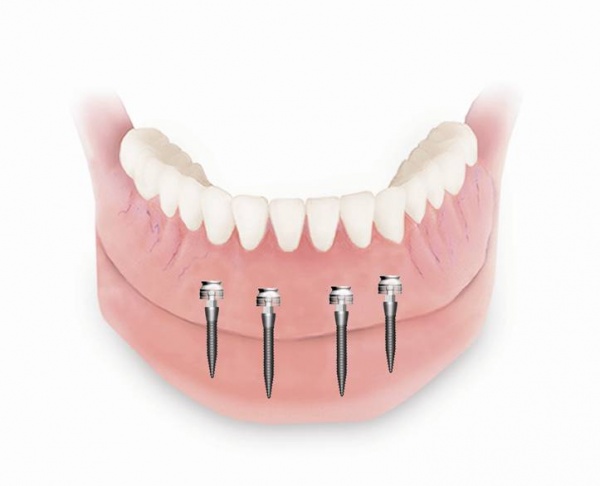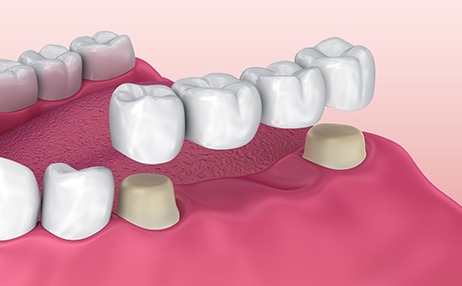Dental root canal treatment is a procedure that is performed in certain indications and allows you to stop active inflammation in the inner tissues of the tooth and avoid the extraction of the tooth unit. Treatment of dental canals has its own specificity and complexity, only an experienced and competent specialist is able to perform the procedure qualitatively.
Indications for root canal treatment
Dental root canal treatment is a specific dental procedure that is appropriate for the following clinical cases:
- When an active inflammatory process is detected inside the root of a dental unit. Inflammation in this part of the tooth can lead to gradual tissue necrosis. If tissue necrosis occurs, the diseased tooth will have to be extracted.
- The condition is diagnosed by radiography;
- Treatment of tooth canals is required for pulpitis - inflammation affecting the pulp bundle;
- Endodontic treatment is performed for periodontitis, a disease affecting the apical part of the tooth root;
- In some cases, cleaning and treatment of dental canals in advanced forms of caries is required.
Treatment of dental canals is also indicated for abscesses, the onset of inflammation under an old filling, a broken root of the tooth. The need for treatment of dental canals may be indicated by symptoms such as: severe, excruciating pain in the tooth, occurring mainly at night, swelling of soft tissues, discoloration of the gum and tooth enamel.
In some cases, root canal treatment is performed before prosthetics. The nerve is removed from the tooth, and the root canal cavities are cleaned, treated with antiseptic agents and filled.
The main stages of root canal treatment
Dental root canal treatment is a complex specific process that includes several successive stages. Below we will consider all stages of the treatment process in detail.
- Diagnosis. During the initial visit to the dentist, the doctor will conduct a thorough examination of the patient's oral cavity, and X-rays will definitely be ordered. A dental X-ray will help to evaluate the condition of the tooth canals, see their number, determine the stage of the inflammatory process, and select the appropriate treatment for the particular clinical case.
- Anesthesia. To access the root canals, the dentist will drill through the crown of the tooth to get to the pulp chamber, behind which the root canals are located. Both the pulp and the canals are riddled with nerve fibers, so the specialist's actions may cause some discomfort to the patient. To relieve the patient from unpleasant feelings, local anesthesia is applied before the root canal treatment. The drug is chosen individually for each patient.
- Moisture isolation of the affected tooth area. In order to prevent pathogenic microorganisms that may be contained in saliva from entering the interior of the tooth, the area of the diseased tooth is first protected from moisture by a special latex dressing - cofferdam.
- Tooth drilling. To gain access to the root canals, the dentist will drill into the tooth, removing any decayed material. The access hole is made either on the chewing surface of the tooth (when treating molars) or on the inside (when treating incisors and canines). After the drilling - the doctor will remove either the entire pulp bundle or only part of the tissue affected by inflammation.
- Treatment of dental canal cavities. For quality treatment of dental canals a specialized tool - files - is used.
- Filling. Gutta-percha pins are used to fill dental canals.
The duration of dental treatment depends on the complexity and features of the clinical case, as well as the number of root canals to be treated by the specialist. On average, the procedure may last from 20 minutes to 1.5 hours. It is also worth considering that you will have to visit the dentist's office several times for quality treatment of the root canals.
Thanks to the use of modern anesthetics, dental canal treatment has become a painless procedure. A slight discomfort can be felt by the patient only during the anesthetic injection itself.
Therefore, there is no need to be afraid of root canal treatment, in fact, you have to remember - you should never postpone the procedure because of fear of the dentist! Inflammation in the tooth that has developed to a certain stage cannot be cured, which means that the diseased tooth will have to be extracted and a denture put in its place. In addition, more serious complications can occur.
